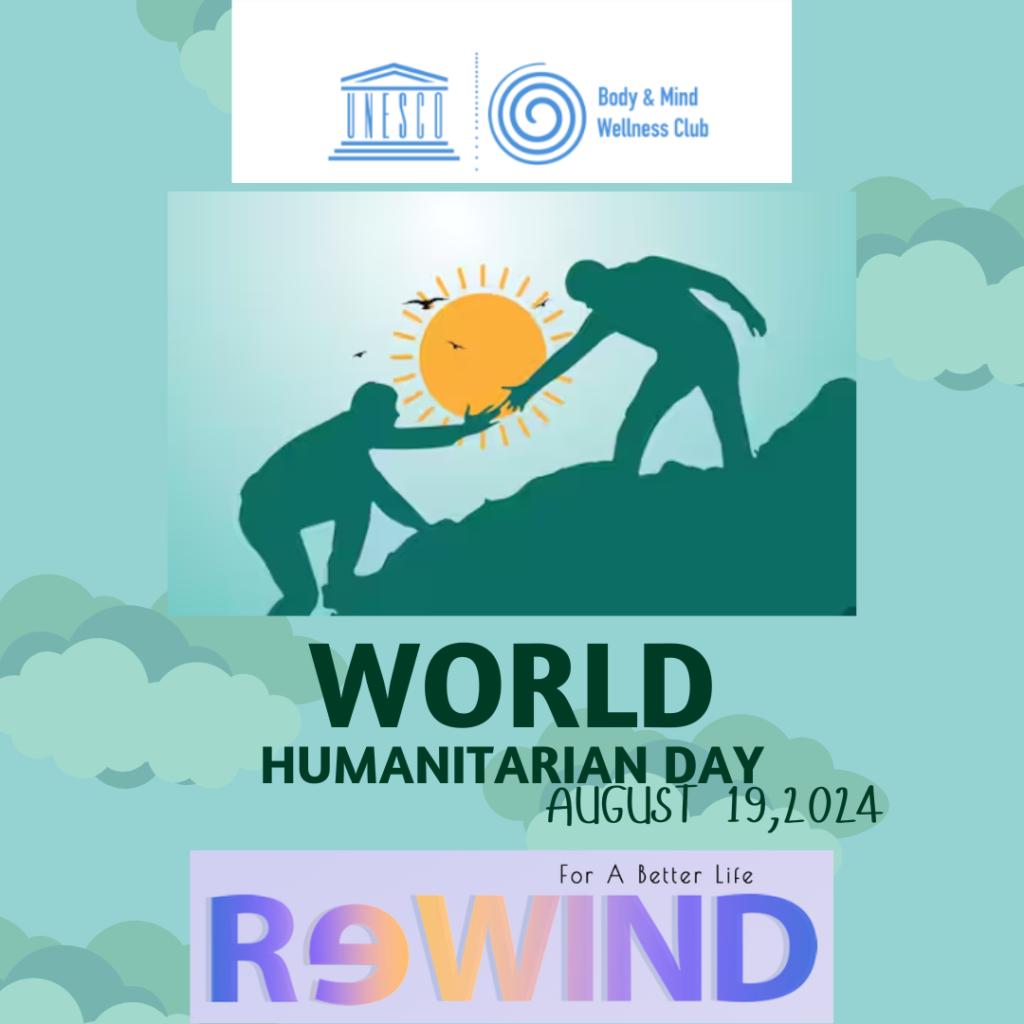
The United Nations General Assembly established World Humanitarian Day on August 19, 2008, to honor humanitarian personnel and those who have died while working for humanitarian causes. On this day in 2003, the UN offices in Baghdad, Iraq, were bombed, killing 22 people—among them UN envoy Sergio Vieira de Mello. The day seeks to promote support for those impacted by emergencies and increase awareness of humanitarian operations taking place throughout the world. In addition to highlighting the dangers and difficulties faced by relief workers, it emphasizes the significance of international cooperation in delivering aid.
The Origin
World Humanitarian Day, observed on August 19, was established by the United Nations in 2008. It commemorates the 2003 bombing of the UN headquarters in Baghdad, which killed 22 people, including UN envoy Sergio Vieira de Mello. This day honors humanitarian workers and promotes global support for people affected by crises. It raises awareness of the challenges faced by aid workers worldwide.
The Power of Humanity
The power of humanity lies in our collective ability to show compassion, empathy, and solidarity. It manifests through acts of kindness, support for those in need, and efforts to alleviate suffering. Humanitarian actions, whether on a global scale or within local communities, demonstrate our capacity to come together and make a positive impact. By prioritizing human dignity and mutual aid, we foster a more resilient and just world. Engaging in activities such as Learning ReWIND programs can enhance our ability to practice empathy and mindfulness. These programs, like Learning ReWIND Meditation and Learning ReWIND Mental Peace, provide tools for emotional intelligence and stress relief. Participating in Learning ReWIND Workshops or Learning ReWIND Daily routines can significantly contribute to personal well-being and collective harmony. By embracing these practices, we not only improve our own health but also create a more compassionate and supportive society.
Stories of Humanitarian Acts
In 1947, Mother Teresa, moved by the dire conditions of the poor in Kolkata, left her convent to live among and serve the city’s most destitute inhabitants. She founded the Missionaries of Charity, an organization dedicated to caring for the “poorest of the poor.” Mother Teresa and her fellow nuns provided food, medical care, and shelter to those suffering from leprosy, tuberculosis, and other diseases. Her unwavering dedication to humanitarian work garnered international recognition, including the Nobel Peace Prize in 1979. Despite facing numerous challenges and criticisms, Mother Teresa remained steadfast in her mission, emphasizing that her work was driven by love and compassion. Her legacy continues to inspire countless individuals and organizations worldwide to engage in humanitarian acts, proving that even one person’s commitment to serving others can create a lasting and meaningful impact.
UNESCO BMW’s Involvement
UNESCO BMW is playing a key role in World Humanitarian Day by promoting peace and reconciliation. Their efforts include educational workshops, public awareness campaigns, and events that emphasize the importance of humanitarian actions in resolving conflicts and fostering understanding. This involvement aligns with UNESCO BMW’s mission to encourage intercultural dialogue and mutual respect worldwide. By advocating for forgiveness and compassion, UNESCO BMW contributes to a global culture of empathy and cooperation, highlighting the power of humanity in addressing crises and supporting those in need.
UNESCO BMW’s Vision
Our vision mission encompasses three main goals that are also in line with this occasion today and engage people of all ages, especially the youth improvement of the inner ecosystem, enhancement of inner creativity through arts and crafts, and, lastly, encouragement of keeping the oceans clean. BMW is introducing a new feature called ReWIND. This innovative addition aims to foster mindfulness and inner peace through Learning ReWIND practices, which include activities such as meditation routines, emotional intelligence workshops, and mental peace exercises. By integrating these elements, we strive to create a more harmonious and environmentally conscious world.
By:- Labiba Tahia